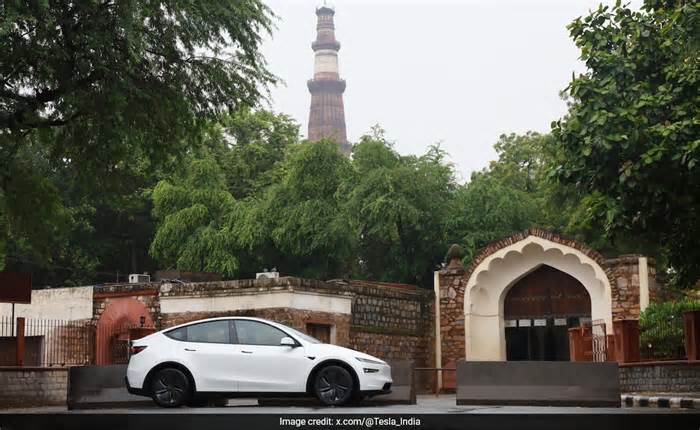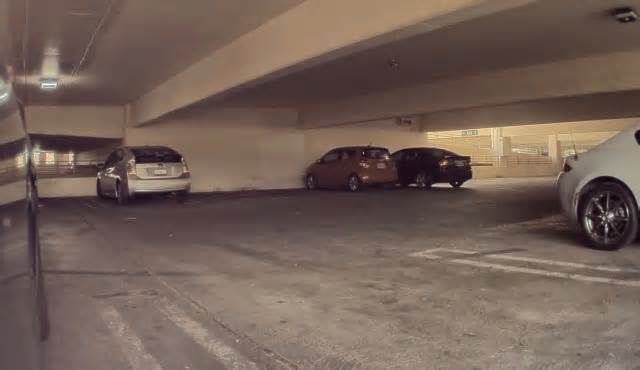
Updates: SpaceX Falcon Heavy launches NASA's Psyche from KSC - Florida Today
- by Florida Today
- Oct 13, 2023
- 0 Comments
- 0 Likes Flag 0 Of 5

What's the weather like for the SpaceX Falcon Heavy Psyche launch?
"Showers and storms are expected at the spaceport late Thursday, lasting through the Friday launch window. Primary weather concerns at launch are the anvil cloud, thick cloud layers, and cumulus cloud rules," NASA said Thursday in a release.
If needed, the next available launch window is at 10:24 a.m. EDT Saturday.
According to NASA, "Weather officials forecast a 70% chance of favorable conditions for (Saturday's) launch opportunity, with the cumulus cloud rule as the primary weather concern."
Will there be sonic booms?
If the rumble of nearly 5 million pounds of thrust produced by 27 Merlin main engines at liftoff isn't enough to capture attention, then window-rattling, low-frequency sonic booms generated by tandem booster landings at Cape Canaveral Space Force Station minutes later should be.
About three minutes into Falcon Heavy's flight, the side boosters will shut down and simultaneously fall away from the center core, which will continue on to help push NASA's Psyche spacecraft to a distant orbit between Mars and Jupiter.
The dual booster landing of the Falcon Heavy will sound like two slightly separated booms as the boosters target Landing Zone 1 and 2 at Cape Canaveral. Each Falcon 9 booster generates a triple boom on its way back for landing, though by the time the noise reaches spectators on the ground, it's interpreted as one combined sound.
The largely harmless – but oftentimes startling – sonic booms occur when a vehicle crosses the speed-of-sound threshold. They only last a fraction of a second but can be heard within a 100-mile radius depending on trajectory, humidity, cloud cover, wind direction, and more.
What is NASA's Psyche mission?
"Psyche’s mission is to study an asteroid that may be like Earth’s core, composed of a mixture of rock and iron-nickel metal," NASA said in a release. "The asteroid offers a unique window into these building blocks of planet formation and the opportunity to investigate a previously unexplored type of world."
According to NASA, it will take the spacecraft about six years to complete the journey to its final home in the asteroid belt between Mars and Jupiter.
When is the next SpaceX rocket launch?
The next liftoff expected from the Space Coast is tentatively set to be another SpaceX Falcon 9 with more Starlink internet satellites from Cape Canaveral Space Force Station slated for liftoff Friday evening.
For the latest schedule updates, visit floridatoday.com/space.
Please first to comment
Related Post
Stay Connected
Tweets by elonmuskTo get the latest tweets please make sure you are logged in on X on this browser.
Sponsored
Popular Post
Sam Altman's OpenAI Takes On Elon Musk's Grok in AI Chess Tournament Final - Who Won?
28 ViewsAug 09 ,2025






 Energy
Energy


















